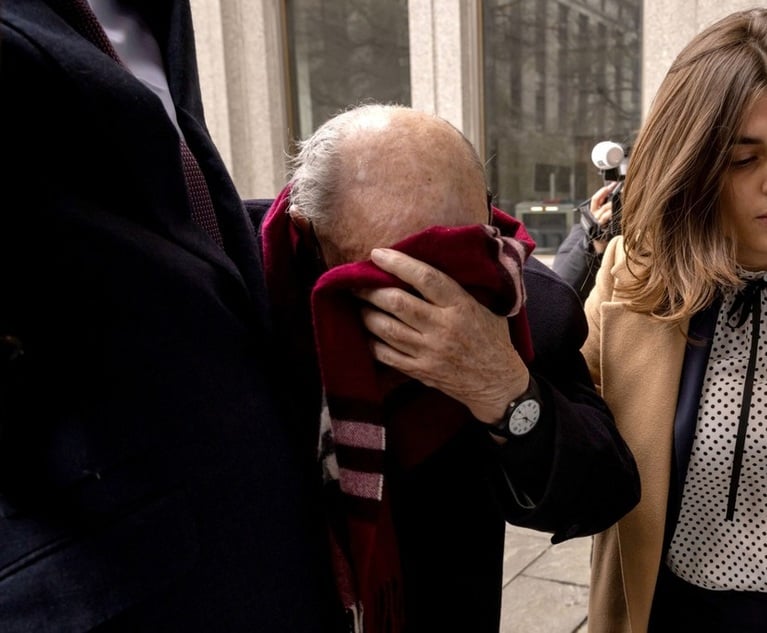A blockchain is often envisioned as a record of a single continuous sequential series of transactions, like the links of the metaphorical chain from which the term “blockchain” derives. But sometimes the chain turns out to be not so single or continuous. Sometimes situations can arise where a portion of the chain can branch off into a new direction from the original chain, while the original chain also continues to move forward separately. This presents a choice for the current holders of the digital tokens on that blockchain about which direction they wish to follow going forward. In the world of blockchain, this scenario is termed a “fork.”
But is the tokenholder—often the holder of some form of digital currency—always free to choose which branch of the fork to take? Two recent decisions, one from Georgia and one from California, hold that owners of tokens whose holdings are kept on third-party exchanges rather than in digital wallets to which the owners themselves hold the private keys may be at the mercy of those exchanges in determining which direction they can take in response to an upcoming fork, despite a variety of creative claims raised on tort, contract and statutory grounds.


 Robert A. Schwinger
Robert A. Schwinger




